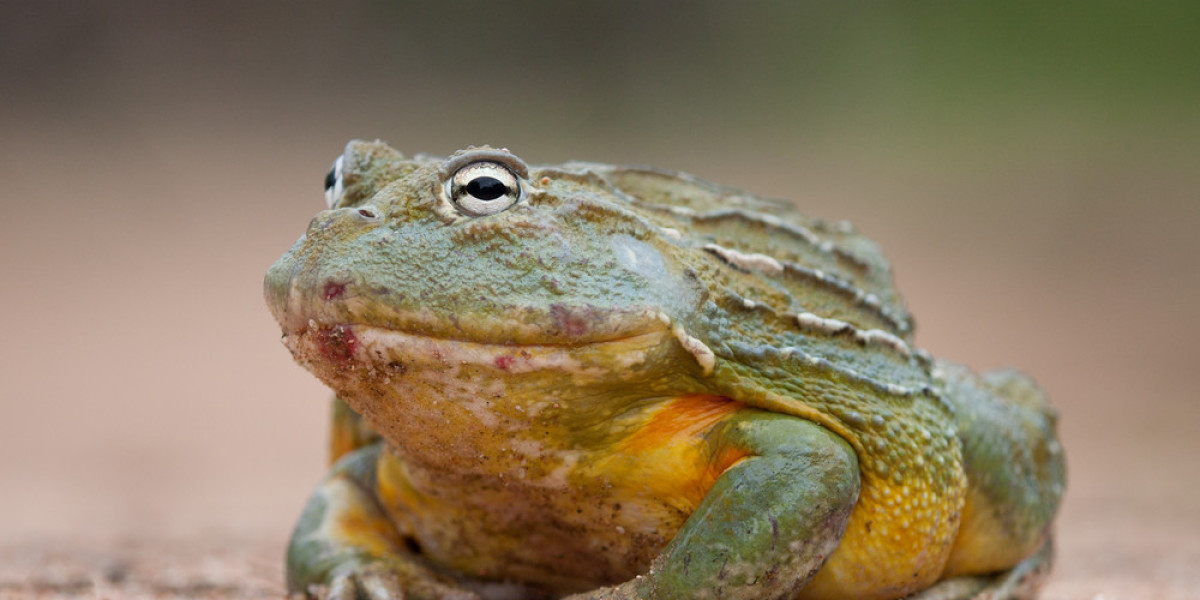Named Pyxicephalus Beytelli, this finding is the first of its kind in over a century, marking a significant milestone in African amphibian research.
In a remarkable feat of scientific exploration, researchers from North-West University in Potchefstroom have announced the discovery of a new species of the African bullfrog, Pyxicephalus Beytelli. This groundbreaking revelation, marking the first of its kind in over a century, sheds new light on the biodiversity of Africa's amphibian population.
The African bullfrog, known for its robust build and distinctive croak, has long captivated researchers and enthusiasts alike. However, the identification of new species within this genus has been a rarity in recent times. The emergence of Pyxicephalus Beytelli thus represents a momentous occasion in the field of herpetology.
The discovery unfolded in the northeastern regions of Namibia, where the researchers embarked on an expedition to study the local amphibian populations. Amidst the rugged landscapes and pristine wilderness, they stumbled upon a previously unknown variant of the African bullfrog, distinguished by its unique characteristics and genetic makeup.
The significance of this finding extends beyond its taxonomic implications. Pyxicephalus Beytelli pays homage to the late Ben Beytell, a revered figure in Namibia's conservation efforts. Beytell's legacy looms large, particularly in the establishment of Khaudum National Park, where the newfound species thrives amidst its natural habitat.
The naming of the species serves as a poignant tribute to Beytell's enduring commitment to wildlife preservation and environmental stewardship. Moreover, it underscores the interconnectedness between scientific exploration and conservation initiatives, highlighting the pivotal role of research in safeguarding our planet's biodiversity.
As scientists continue to unravel the mysteries of Africa's rich ecosystems, the discovery of Pyxicephalus Beytelli stands as a testament to the enduring allure of nature's wonders. It is a reminder of the boundless possibilities that await discovery and the importance of preserving our natural heritage for generations to come.








